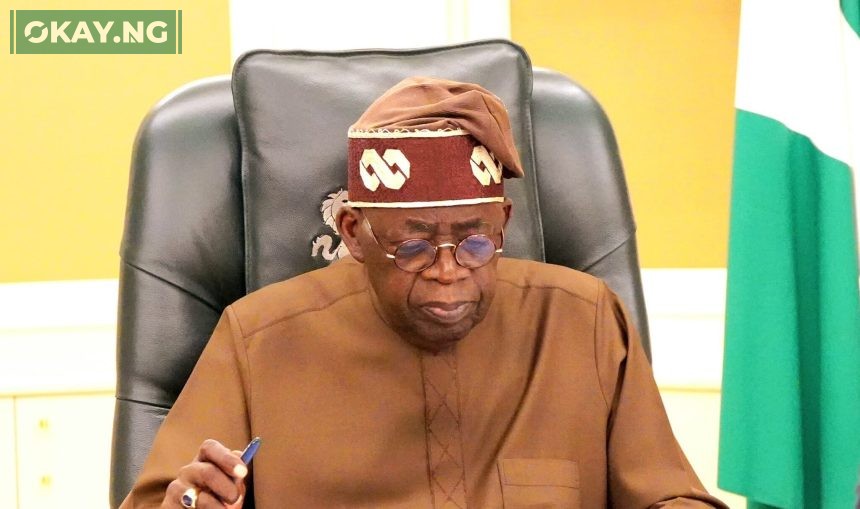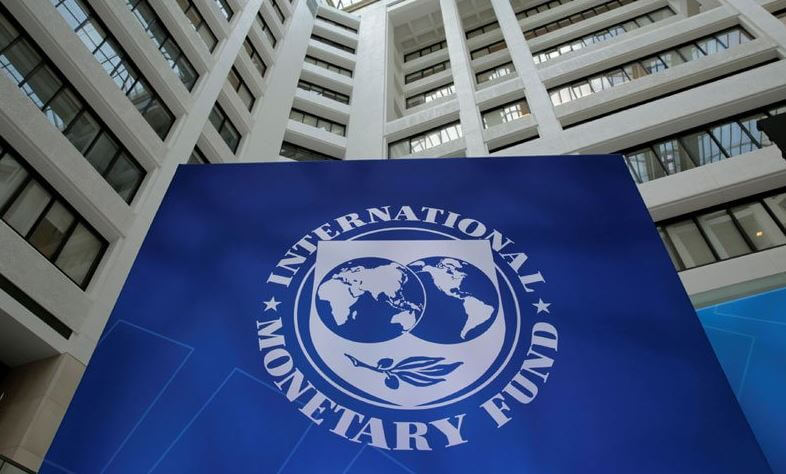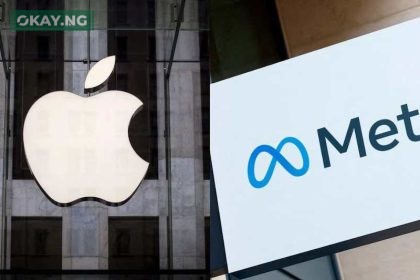President Bola Tinubu has signed the Investments and Securities Act (ISA) 2024 into law, officially classifying cryptocurrencies and other virtual assets as securities. This landmark legislation, repealing the 2007 Act, marks a pivotal moment for the nation’s burgeoning digital economy, promising greater transparency and increased investor confidence.
For the first time, Virtual Asset Service Providers (VASPs), Digital Asset Operators (DAOPs), and Digital Asset Exchanges will fall under the regulatory purview of the Securities and Exchange Commission (SEC). This decisive action aims to curb fraudulent activities that have plagued the digital asset space, while simultaneously fostering innovation in blockchain technologies.
“The ISA 2024 reflects our commitment to building a dynamic, inclusive, and resilient capital market,” stated Emomotimi Agama, Director-General of the SEC. “By addressing regulatory gaps and introducing forward-looking provisions, the new Act empowers the SEC to foster innovation, protect investors more efficiently and reposition Nigeria as a competitive destination for local and foreign investments.”
Nigeria’s journey with cryptocurrencies has been turbulent. Initially, the nation became a global leader in cryptocurrency adoption, driven by economic instability and the need for alternative financial avenues. However, the Central Bank of Nigeria (CBN) previously imposed restrictions on cryptocurrency transactions, pushing the market underground. With President Tinubu’s administration signaling a shift in policy, the ISA 2024 demonstrates a clear commitment to embracing the digital future.
“This Act is a testament to our collective dedication to advancing the capital market and securing its future as a catalyst for economic development,” said Oluropo Dada, 13th president and Chairman of Council Chartered Institute of Stockbrokers (CIS). “The enactment of the Investment and Securities Act 2024 underscores the government’s commitment to fostering transparency, efficiency, and stability in our financial markets.”
Read Also: Tinubu Signs Investment and Securities Act 2024: A New Era for Nigeria’s Capital Markets
The new Act introduces several key provisions:
- Classification of Cryptocurrencies: Explicitly recognizing virtual/digital assets and investment contracts as securities.
- SEC Oversight: Bringing VASPs, DAOPs, and Digital Asset Exchanges under SEC regulation.
- Composite and Non-Composite Exchanges: Classifying Securities Exchanges into those handling all securities and those focusing on specific types.
- Enhanced Regulatory Powers: Strengthening the SEC’s authority to align with international standards.
- Commodities Exchanges: Providing a legal framework for commodities exchanges and warehouse receipts.
- Sub-National Issuances: Easing restrictions on sub-national entities raising capital.
- Legal Entity Identifiers (LEIs): Mandating LEIs for enhanced transaction transparency.
- Ponzi Scheme Prohibition: Explicitly banning Ponzi schemes with stringent penalties.
- Strengthening the Investments and Securities Tribunal: Enhancing the tribunal’s capabilities.
“At the basic level, the ISA 2025 is transformative,” noted Sam Onukwue, chairman, Association of Securities Dealing Houses of Nigeria (ASHON). “It will strengthen regulatory oversight of the capital markets with the overall objective of enhancing investor protection.”
Eguarekhide Longe, managing director NASD, added, “With the unfolding digital products and the need to attract youths, our regulatory framework should be strengthened.”
Akin Akeredolu-Ale, managing director, Lagos Commodities and Futures Exchange (LCFE) said, “We have people that now understand that the Capital market is the barometer of the economy. And that the enabling environment, particularly the legal framework is the bedrock for growth of the capital market, and overall the economy.”
The implications of this Act are profound. By bringing cryptocurrencies into the regulated financial system, Nigeria aims to attract significant investment, boost economic growth, and protect its citizens from fraudulent schemes. This move positions Nigeria as a forward-thinking nation ready to embrace the future of finance.












